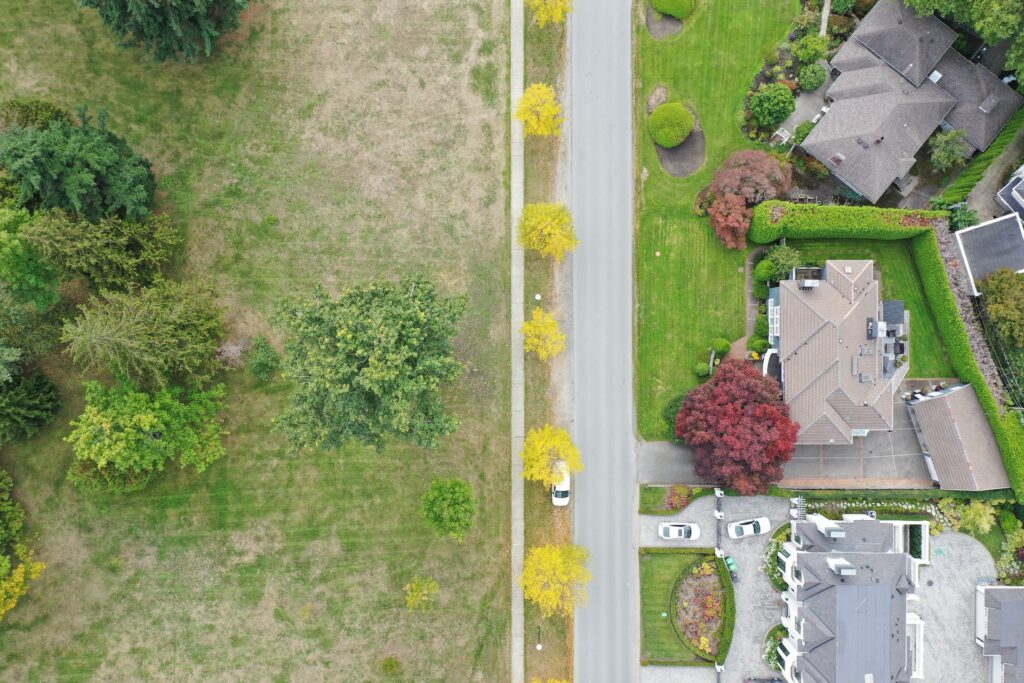
Transgression or Restoration? A Critique of Calls for a Transgressive Urban Forest
June 6, 2023 – A 2022 essay in the Journal of the American Planning Association warns that our urban landscapes communicate a misleading sense of compatibility between cities and nature, and called for a transgressive approach. Sasha Colbert argues while a critique of ecological aesthetics is useful, the authors discount ecological function that differs from pre-settlement conditions, and ignore inequalities and injustices at the foundation of our ecological crisis.
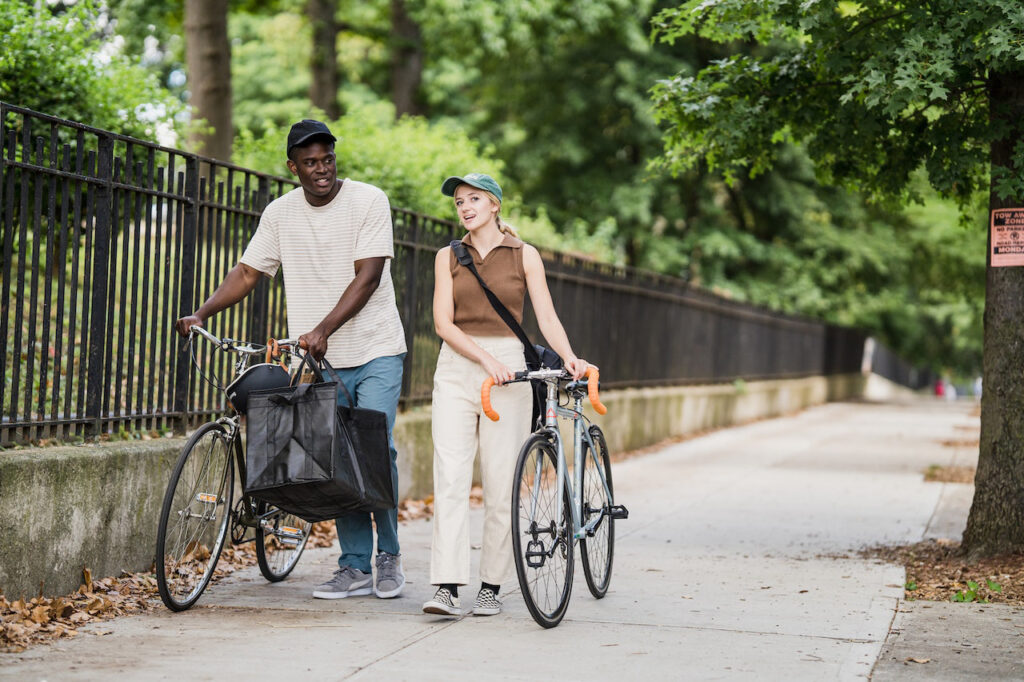
How can cultivating friendships in your community help you thrive?
May 30, 2023 – Research demonstrates that healthy, strong friendships help individuals thrive, and the physical environment can be designed to support interactions that lead to friendship. As Maria Vargas writes, Streets and sidewalks can be powerful spaces for community connections.
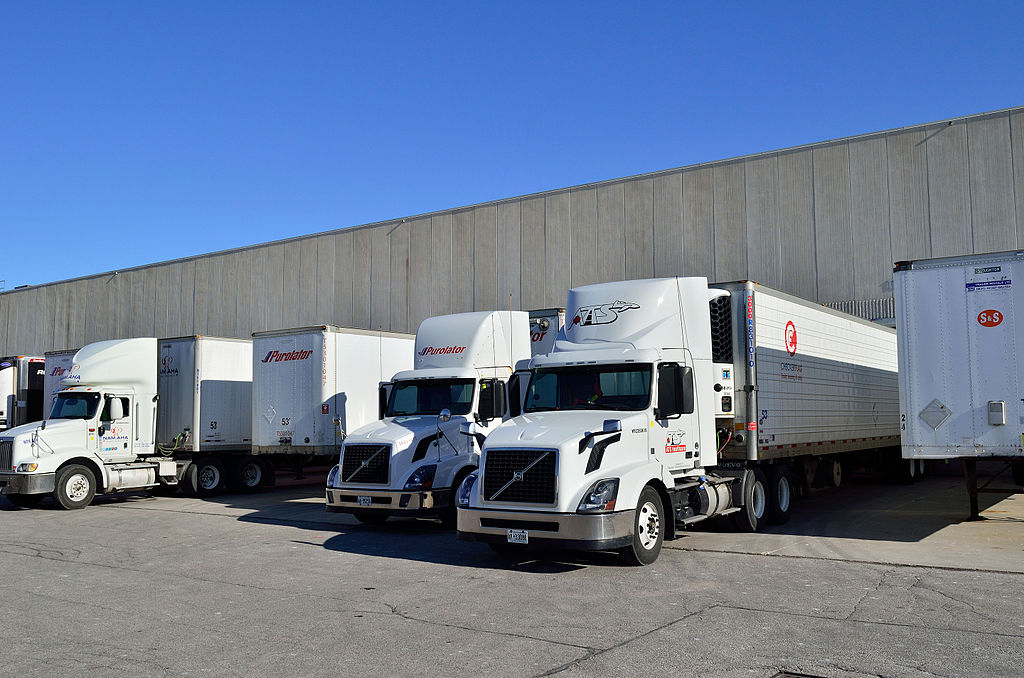
E-Commerce or Community? Rethinking the Land Use Debate Over Warehouses
May 23, 2023 – The growth in e-commerce has contributed to the growth of warehousing development in many regions, leaving many concerned about impacts on communities. But Bess Morin asks, “What values are communicated when investment goes towards warehousing and not towards fostering neighborhood social interaction?”
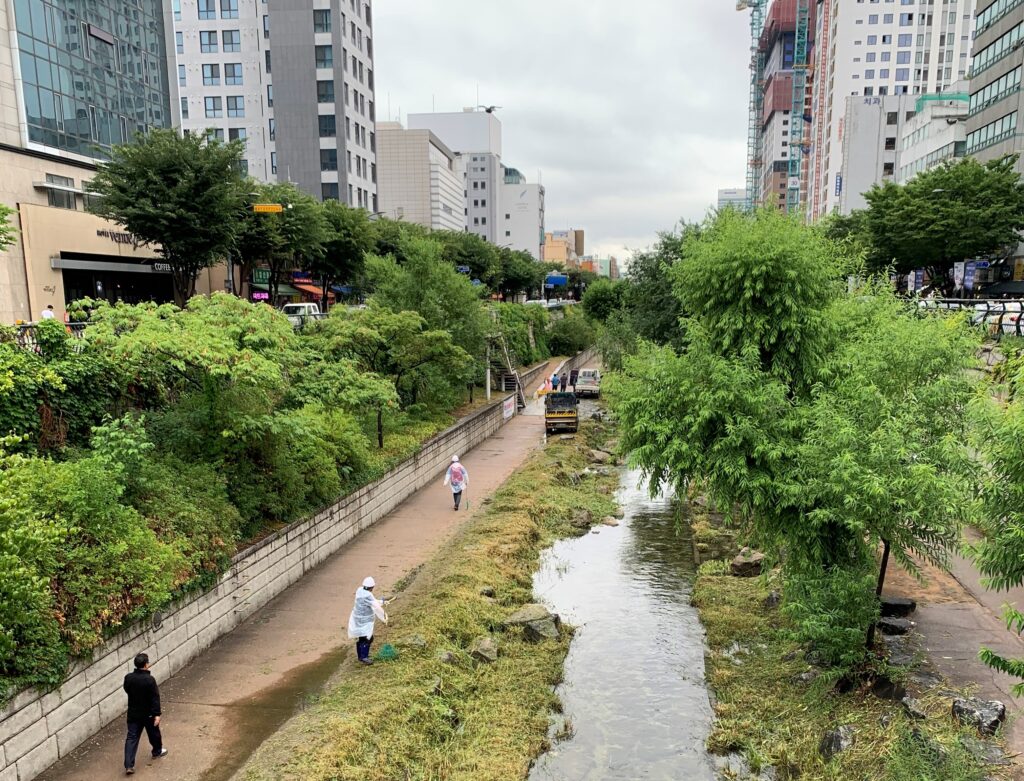
From Concrete to Oasis: The Cheonggyecheon and the Future of Urban Stream Restoration
May 16, 2023 – In addition to its role as a public open space in the midst of Seoul, South Korea, the Cheonggyecheon is a stream that provides a number of critical ecosystem services. As Jiyoon Kim writes, it also provides some important lessons about urban stream restoration.
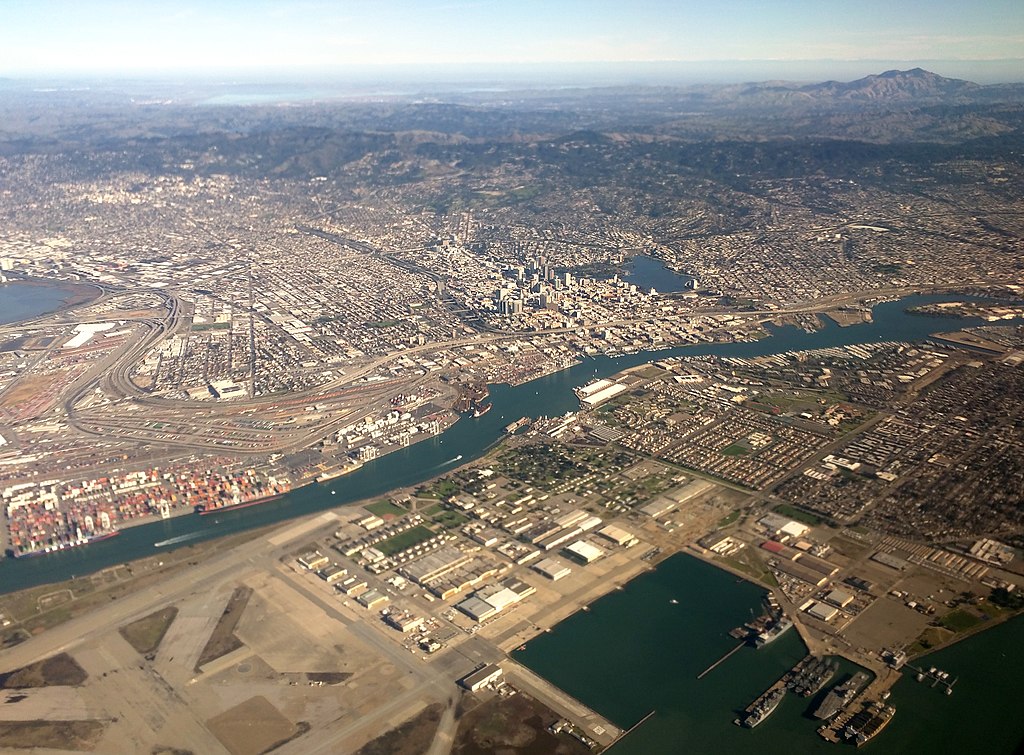
The Thick Injustice of Park Inequity
March 21, 2023 – Racist housing, zoning and redevelopment policies and practices which have long been commonplace across the United States, have cemented inequities in green space access along racial lines. Graham Feltham writes that a radical re-organization of the urban framework is needed, if the injustices are ever to be rectified.
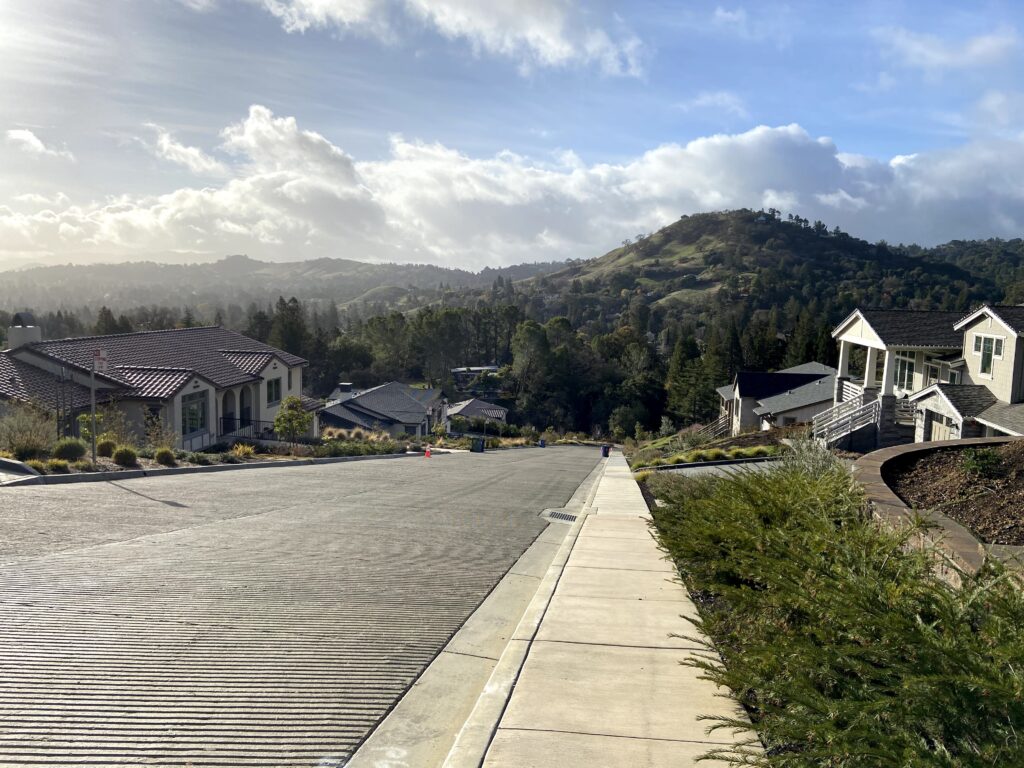
Homeowners Associations: Overcoming Barriers to Sustainability
March 14, 2023 – Homeowners Associations are often marketed as simple, community-based approaches to protecting home values and funding shared services. But as Rania Theodosi writes, being a member of an HOA may not be simple if the homeowner is environmentally-minded.
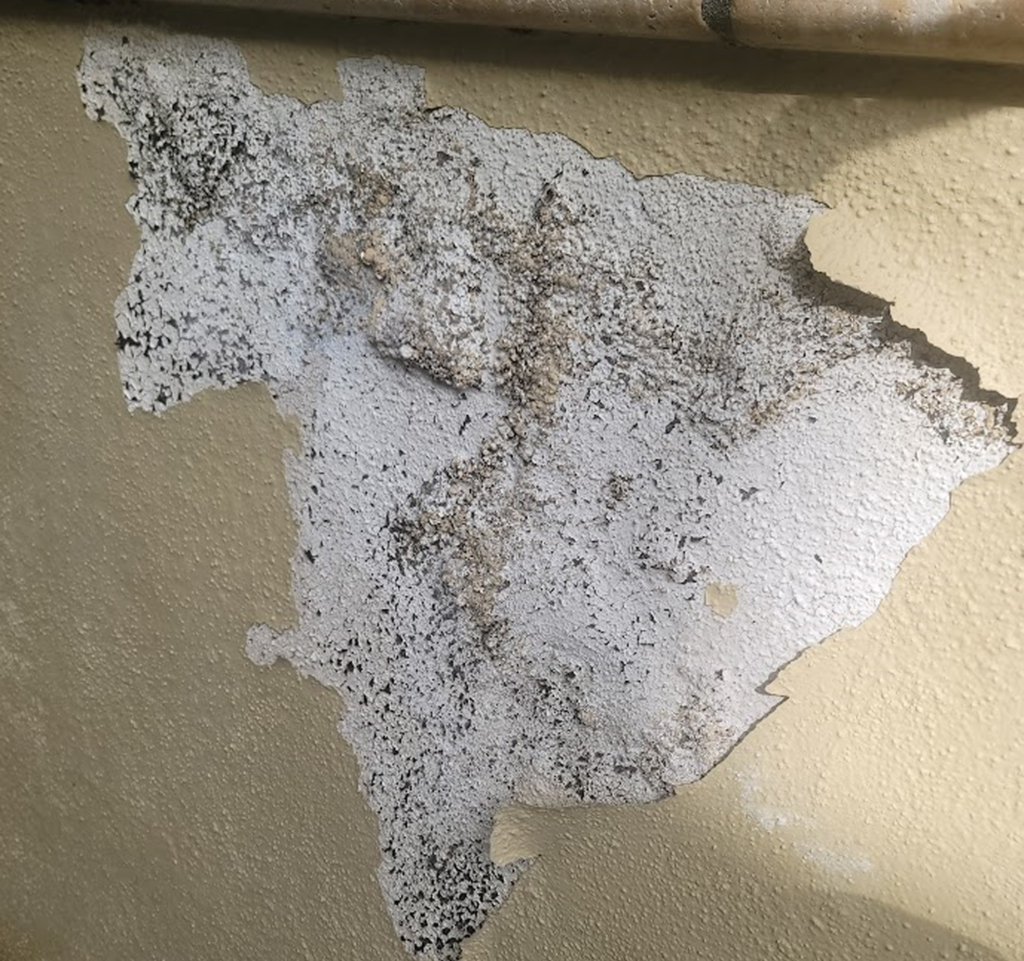
CalEnviroScreen’s New Lead Exposure Factor: What it Tells Us and What it Doesn’t
March 7, 2023 – California has made information about potential exposure to lead through their online pollution exposure tool, CalEnviroScreen. Clarence Vong examines the new factor, what it tells us about risk from lead exposure and what it doesn’t.
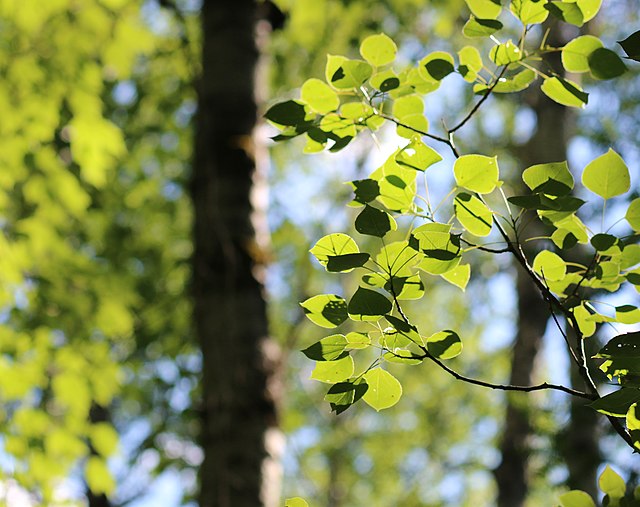
Meeting People Where They Are: An Intersectionality Approach to Equitable Access to Nature
February 28, 2023 – Many studies show that men visit natural environments more frequently than women, describing what some researchers call a “gender gap” in access to nature. But Karla Valdiviezo examines other demographic factors that reveal important differences in how people access nature.
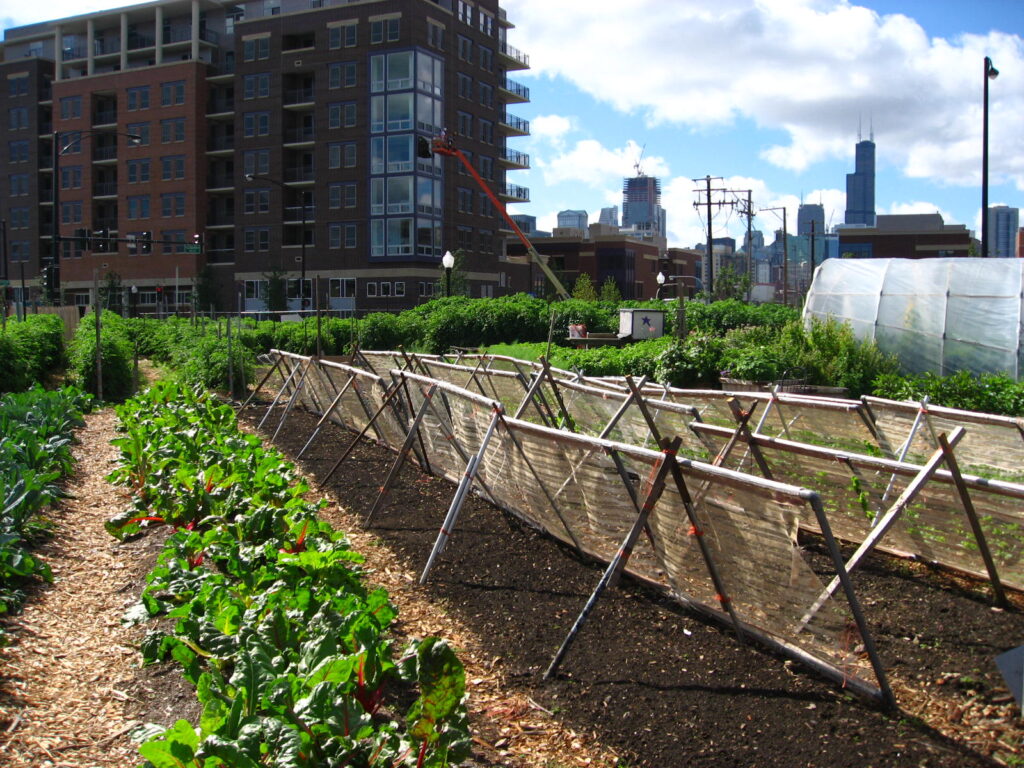
Green Gentrification: Do Gardens Drive Displacement?
February 21, 2023 – Cities across the United States are preparing to implement urban greening projects such as expanding park infrastructure and building up community gardens and farms. Atticus Lee examines whether these projects contribute to the concurrent crisis of gentrification and rising housing costs in urban America.
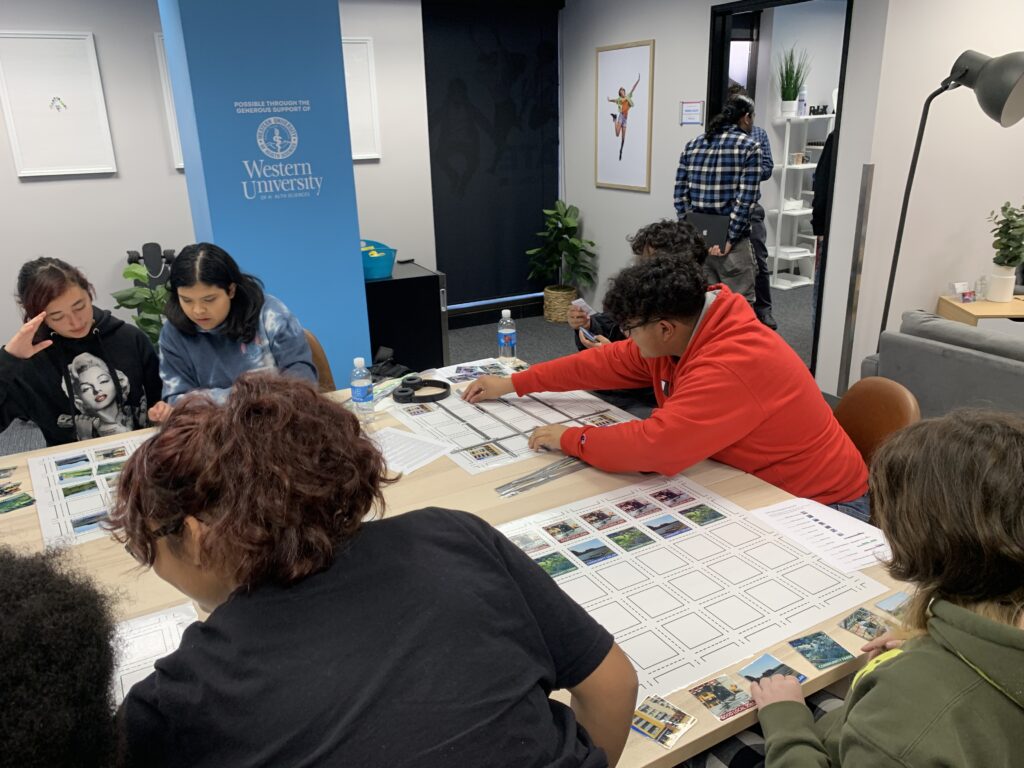
Finding Common Ground in an Anti-Intellectual World
February 14, 2023 – Designers, planners and community organizers need to relate to the communities in which they work. As Michael Gallagher writes, a growing trend toward anti-intellectualism in American society is making this more important, and more challenging.
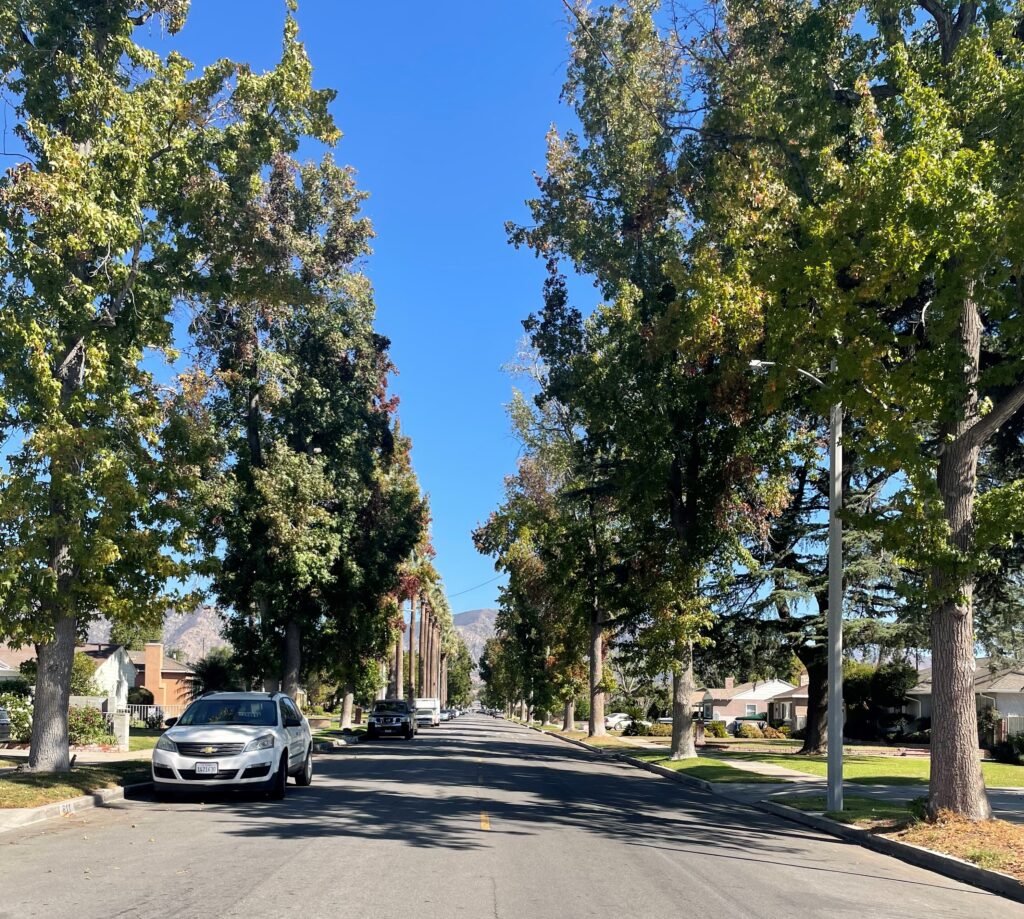
“Why Don’t you Want a Tree?” – Attitudes Toward Tree Planting in Urban Neighborhoods
February 7, 2023 – There are always people who are resistant to tree planting efforts, even in neighborhoods that have lacked substantial tree cover, and need more trees to combat the effects of climate change. Sahar Fazelvalipour shares new research that examines why people often resist these efforts and how peoples’ concerns might be addressed.
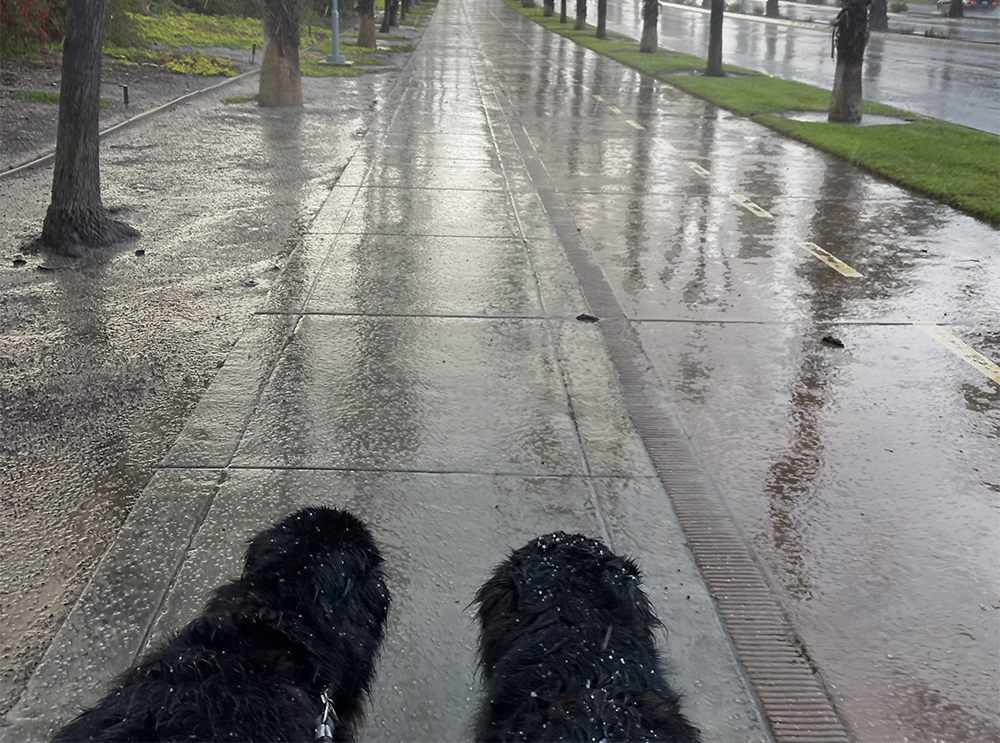
Resilience is the New Resistance: Re-Imagining Stormwater Infrastructure
January 31, 2023 – The Los Angeles River once flowed chaotically through a flood plain, before it was tamed into a concrete channel. Our refusal to accept the natural flow of water fits the classic definition of resistance. Jeanine Sharkey asks what if we could be resilient, and embrace the capacity to recover quickly from storms?
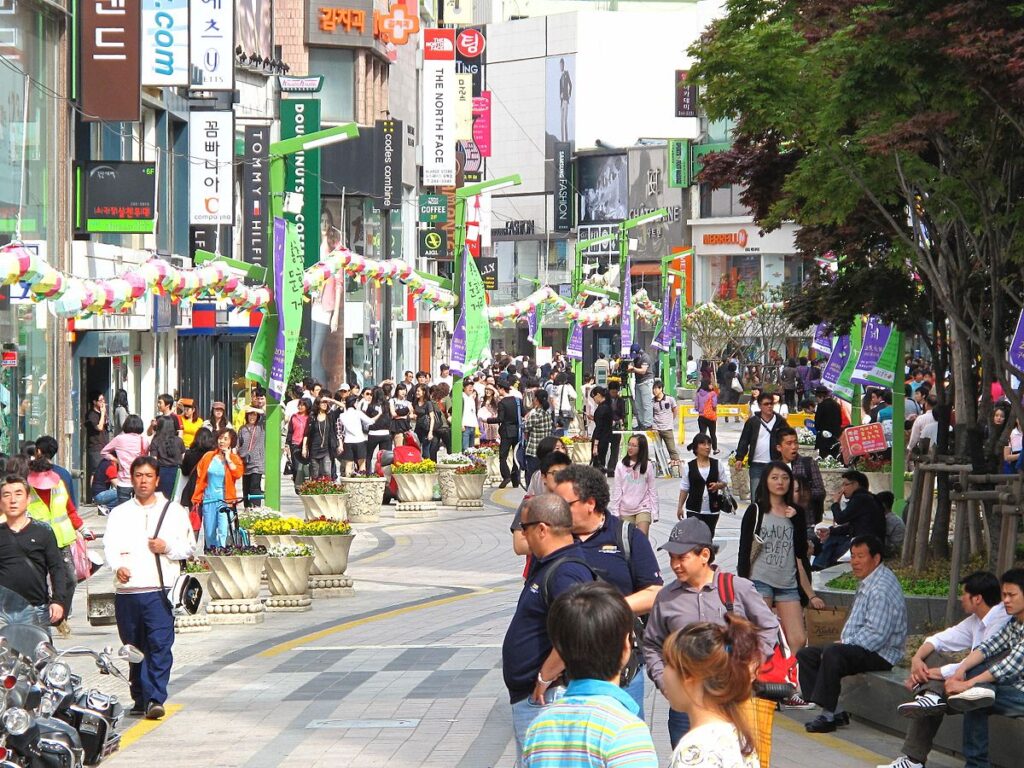
Lively Streets: Restoring Public Space and Public Life
January 25, 2023 – Active public spaces are crucial to community well-being, but how can design spaces to ensure their use? As Chris Otte describes, recent research reveals ingredients that greatly increase the likelihood of creating lively streets in urban communities.
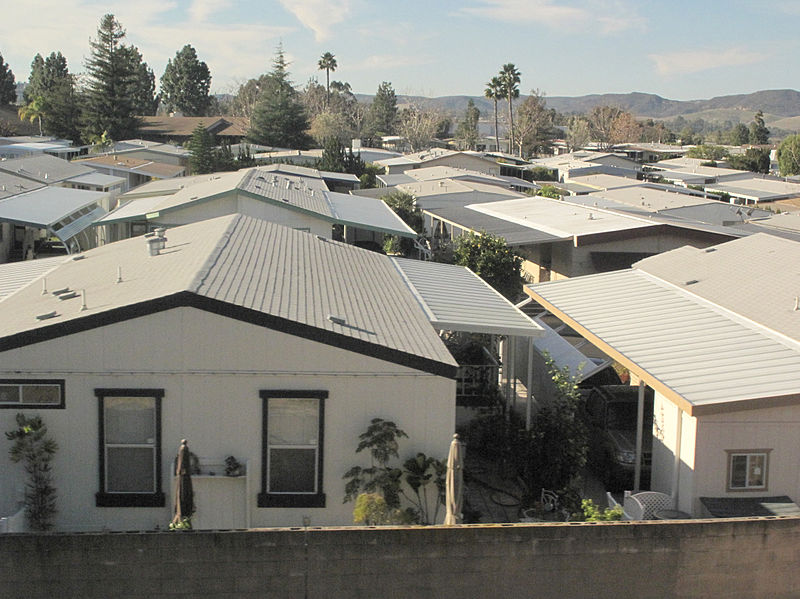
Here to Stay: Mobile Home Parks for Affordable Home Ownership
June 6, 2022 – For many low-income families looking to own their own home, one option is to purchase a mobile home. As James Kingsbury writes, improving the access of mobile home parks to transportation, recreation, and employment can help low-income families build wealth and create a more equitable future.
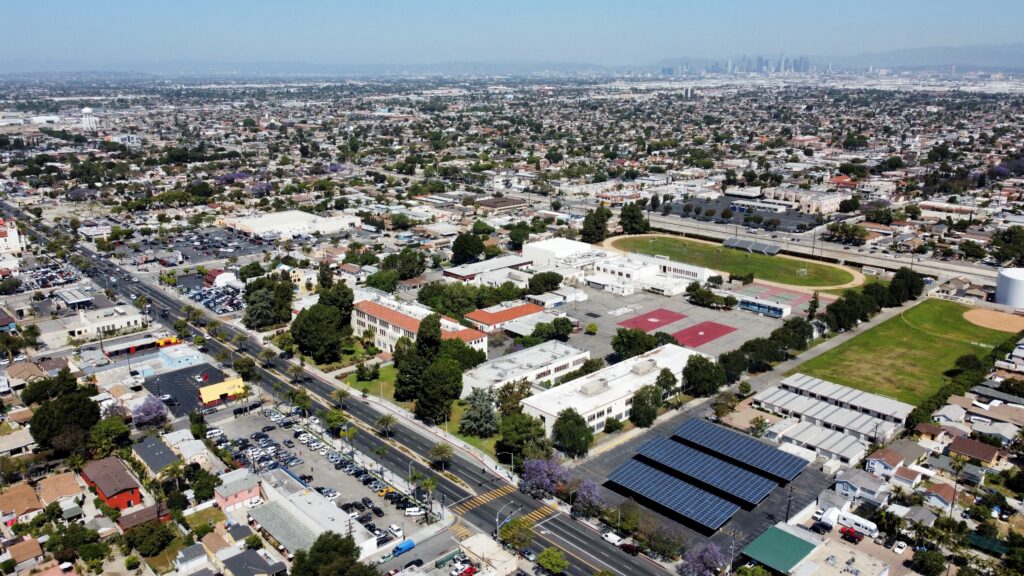
A Community to Call Home
May 31, 2022 – Where and how the abuelos (grandparents) are going to spend their golden years is a common issue among first-generation Latino families in Southern California. A critical issue communities must address is how neighborhoods will accommodate and encourage aging in place. As Ernesto Perez writes, addressing this challenge will not only help our elders, but will provide amenities for the entire neighborhood for generations to come.
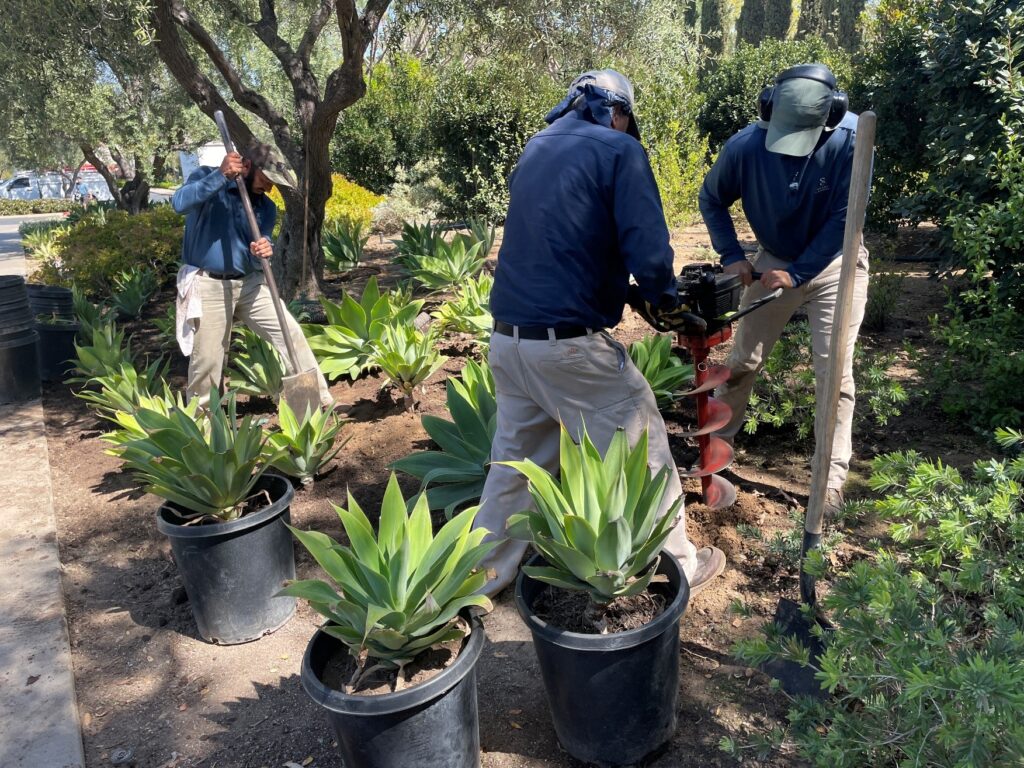
The Labor behind our landscapes: Communication between Design Professions and Landscape Workers
May 25, 2022 – As a Landscape Maintenance Foreman and Landscape Architecture graduate student, Eduardo Baca has witnessed a disconnect between those who design landscapes, and those who install and maintain them. He argues that involving installation and maintenance professionals in the decision-making process will tap into tremendous experiential knowledge, resulting in better designs.

Reimagining Health Care in Community Design and Planning
May 20, 2022 – As we witness prominent disparities in COVID-19 infections, practitioners and communities have been examining infrastructural changes that perpetuate health disparities. Glynda Tucker writes that reimagining health care around community-based strategies delivers equitable health services that are trusted, affordable, nearby and culturally resonant.
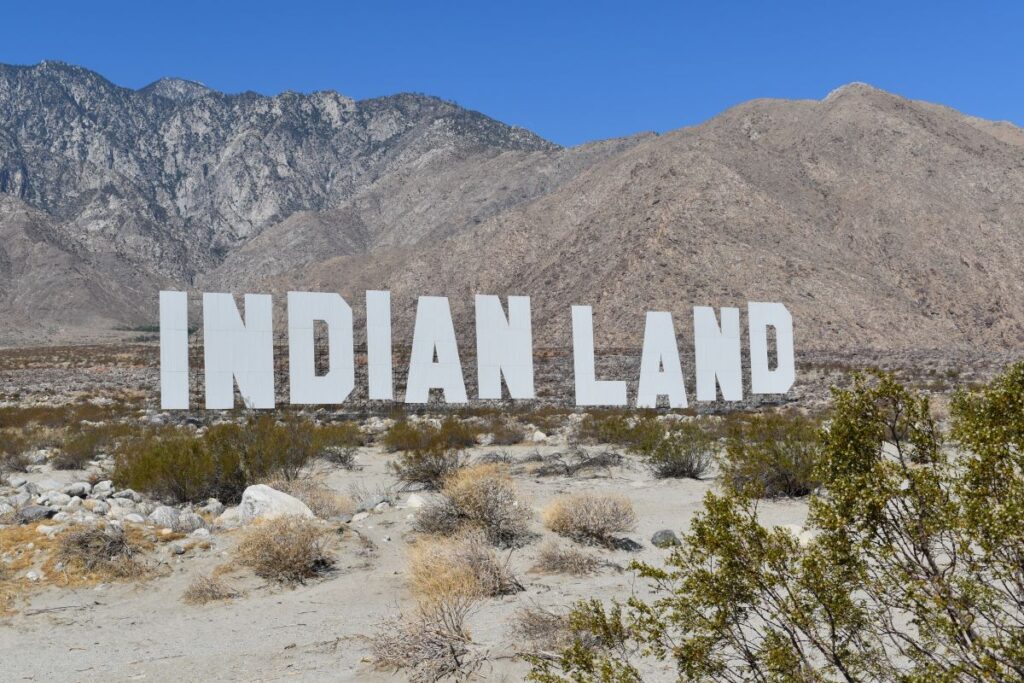
Unsettled Futures: Decolonization for a Just and Sustainable World
May 17, 2022 – Given our global environmental crises, many are turning to Traditional Ecological Knowledge to learn how to live sustainably. However, Robert Douglass writes that our actions have the potential to perpetuate injustices rather than correct them. Until we intentionally take actions for Indigenous livelihoods, we cannot achieve the vision of a sustainable and just future.
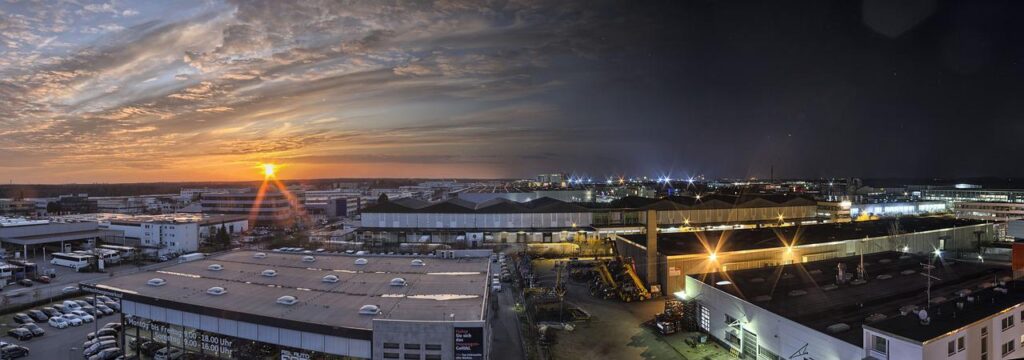
Dark Nights for the Soul: Fading Skies, and the Regenerative Potential of Natural Darkness
May 6, 2022 – Light pollution deprives millions of people access to natural darkness, with significant biological and cultural impacts. Lani MacLean writes that darkness has the potential to regenerate our mind and body, and restore our universal perspective to life on earth.
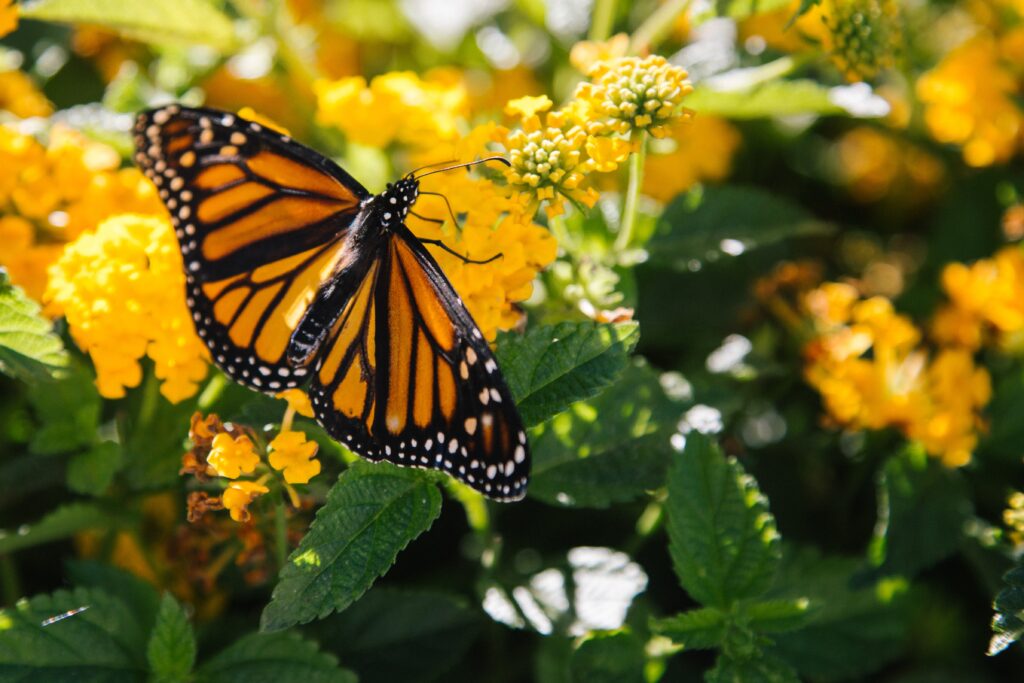
Reconciliation Ecology: Protecting Monarch Butterflies in Southern California
April 19, 2022 – Like many species, sprawling urbanization has destroyed and degraded much needed habitat for the Monarch Butterfly, and brought inhospitable conditions due to the use of herbicides, insecticides, introduced predators and other human impacts. Carolin Khanlari outlines some common-sense protection strategies to protect this treasured species.
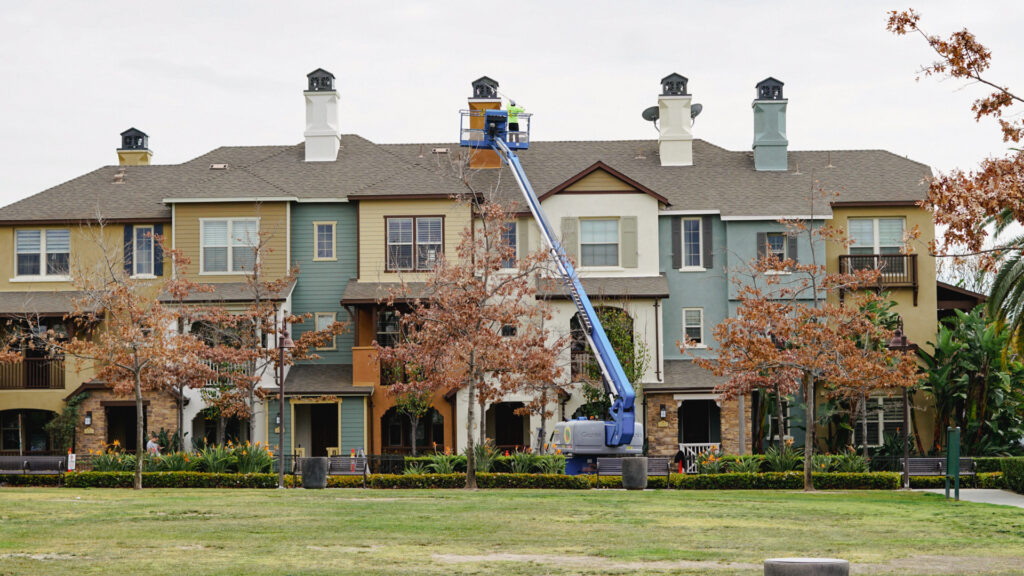
Catalyzing Health and Wealth: Rebranding Gentrification
March 25, 2022 – When discussing the concept of gentrification, there is a polarizing argument around its benefits and costs. Hector San Martin argues that we should view gentrification as a catalyst for health and wealth for existing residents.
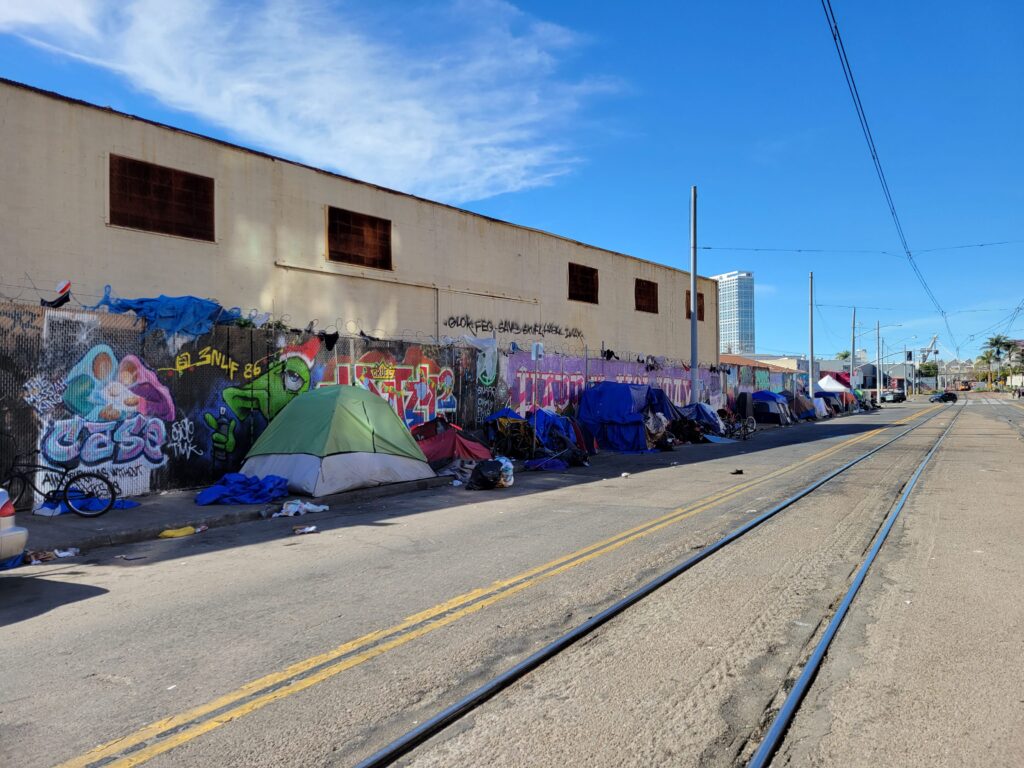
Mending the Fabric of Community: Breaking the Cycle of Incarceration and Homelessness
March 1, 2022 – Formerly incarcerated people are more vulnerable to homelessness, and homeless individuals are more vulnerable to incarceration. Eddie Meyerholz writes that this vicious cycle must be broken if we are ever going to mend the fabric of our communities.
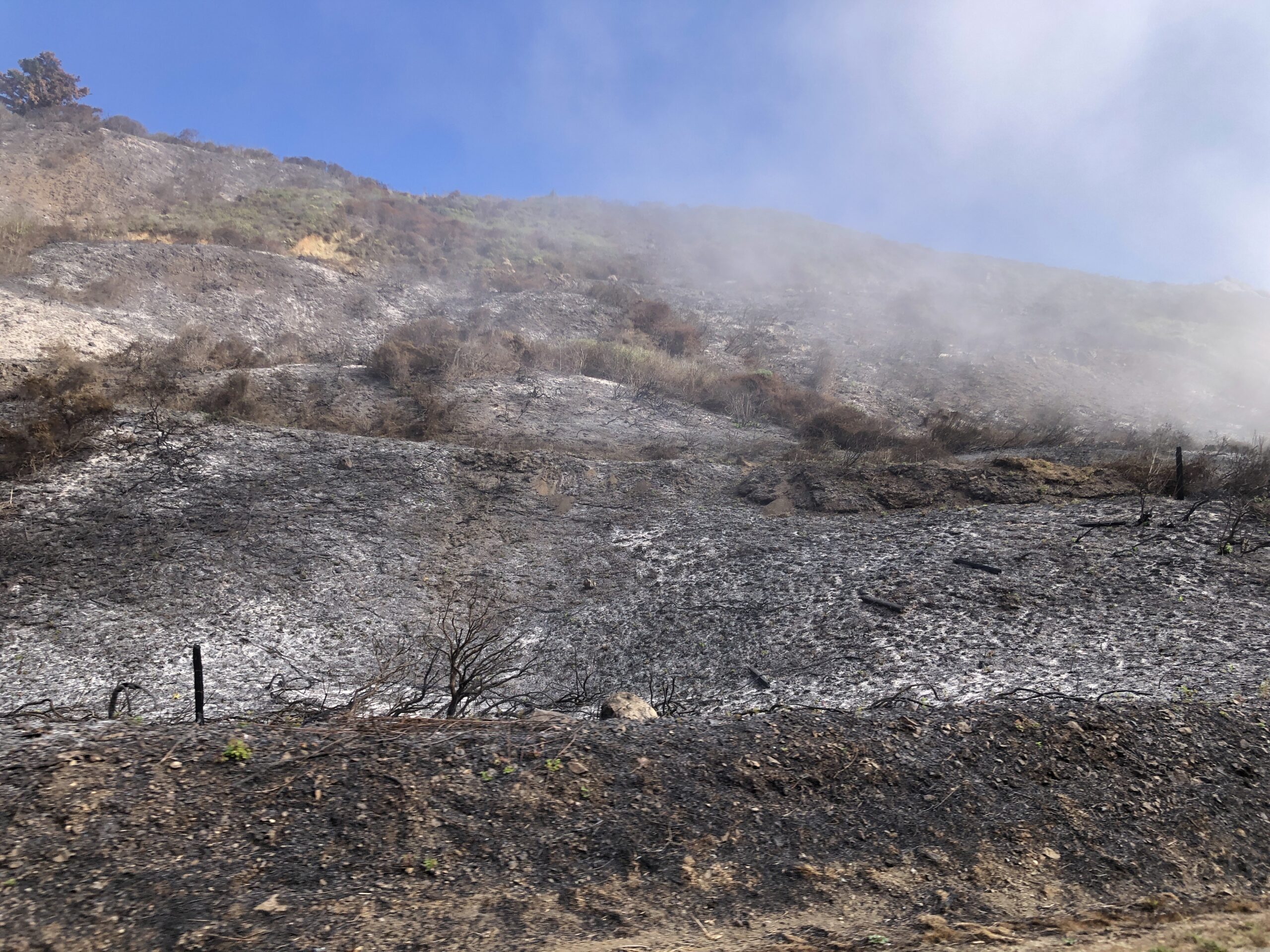
Fighting Fire with Fire: The Role of Traditional Ecological Knowledge in Managing the Wildland Urban Interface
February 15, 2022 – Climate change, expanding populations, and invasive plants are contributing to an increase in fire ignitions. So how can we protect vulnerable communities? Neil Heacox writes that traditional ecological knowledge from Indigenous Californians may be a solution.
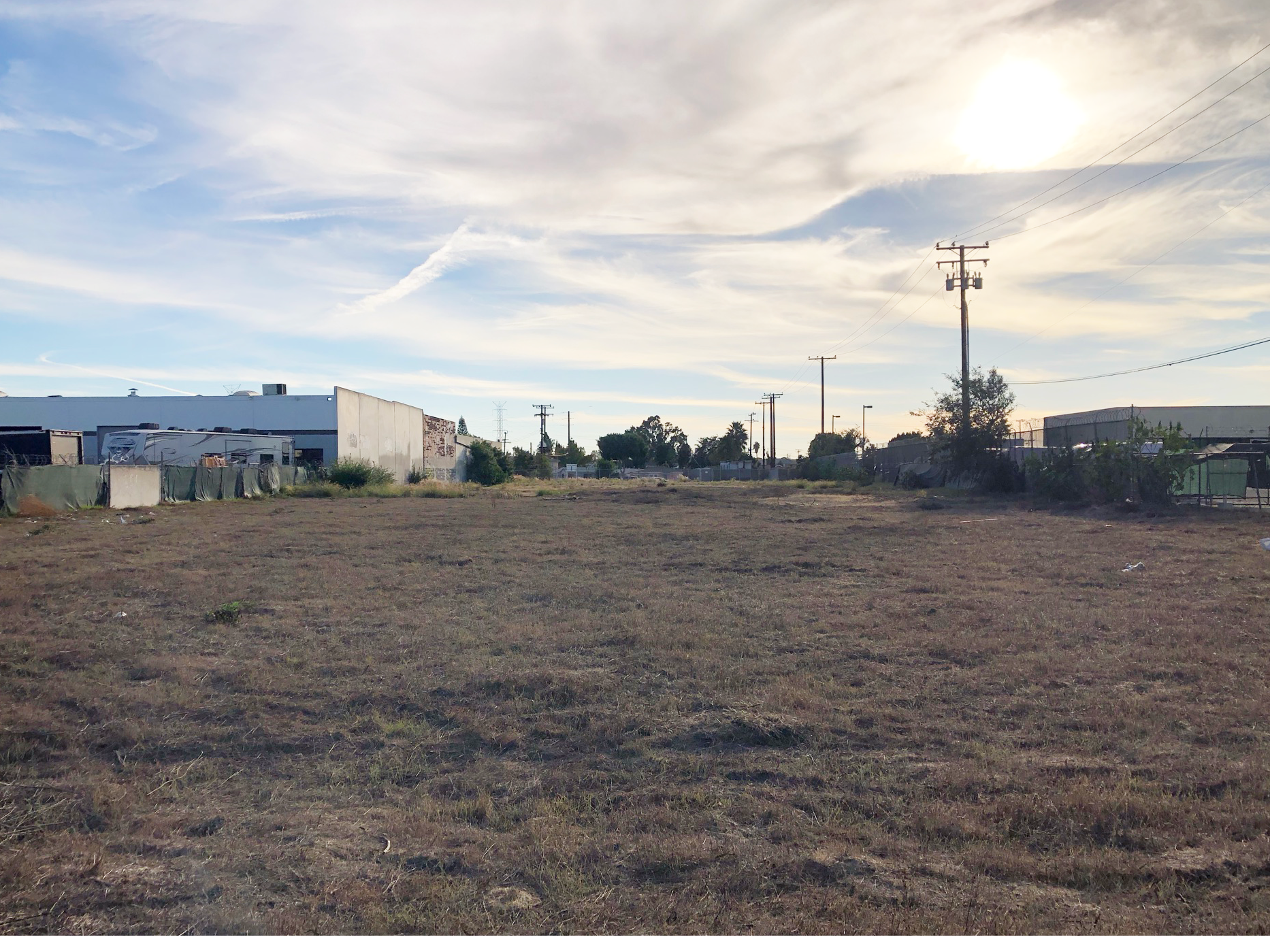
Dreaming of Los Angeles’ Vacant Lots as Bits of Nature
February 8, 2022 – There are approximately 2,000 city-owned vacant lots in Los Angeles. Macy Dreizler’s dream is to apply urban conservation tactics to transform them into vegetated habitat patches that enrich urban biodiversity and provide residents with opportunities for recreation and connection with nature.

Urban Forest Resiliency: Supporting Southern California’s Trees Through Drought and Extreme Heat
February 1, 2022 – Drought and extreme heat challenge the longevity of trees and their ability to offer multiple benefits. Fortunately, as Mina Lai writes, there are tangible steps community members can take to support their neighborhood’s trees through such conditions.
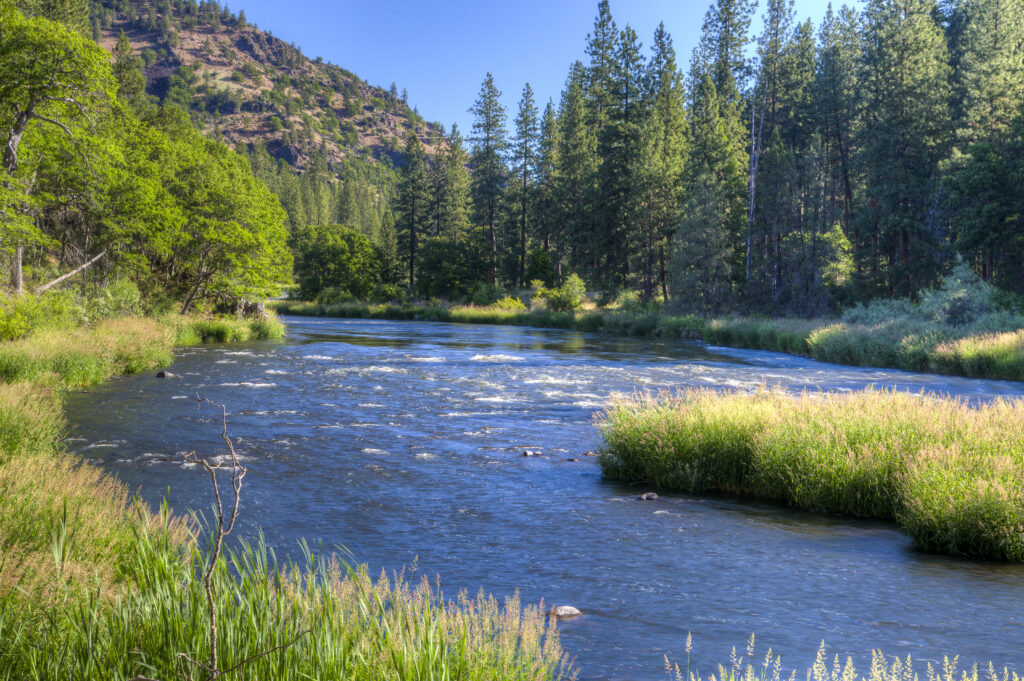
Property or Person? Rights of Nature as a Pathway to a More Just World
January 25, 2022 – Much in the same way corporate personhood works to protect the rights of corporations, environmental personhood is seen as a way to extend legal protections for natural entities such as rivers, lakes, or ecosystems. Hannah Kaiser writes that nature-based, rather than property-based conceptions of the world have the potential to re-frame discussions on environmental justice, climate change, and human rights.
Past Articles…
The capstone graduate studio in the Department of Landscape Architecture at California State Polytechnic University, Pomona (Cal Poly Pomona), has over 40 years of experience providing technical assistance to communities throughout California and around the world. Founded by Professor John T. Lyle (1934-1998), the studio has always sought to promote regeneration and resiliency, in response to pressing environmental challenges. Part of the process includes original writing by students on issues of central concern to their projects. This site will be used to share their work. Stay tuned for articles concerning transit, landscapes for climate change mitigation, neighborhood walkability, urban regeneration, green jobs, housing, and more. Our hope is that you will enjoy and share these works, as we expand the dialogue about community resiliency in the face of climate change.